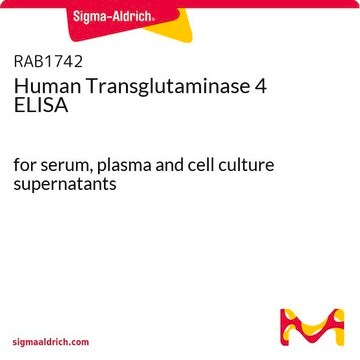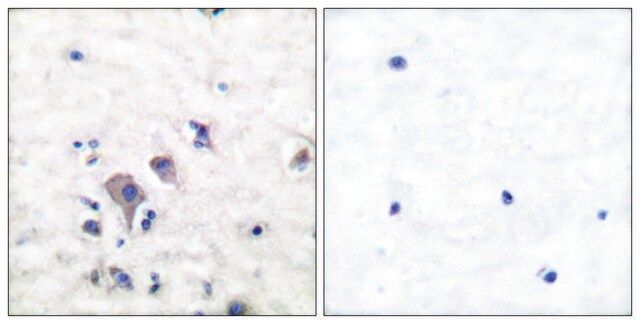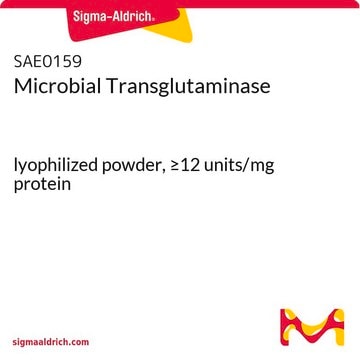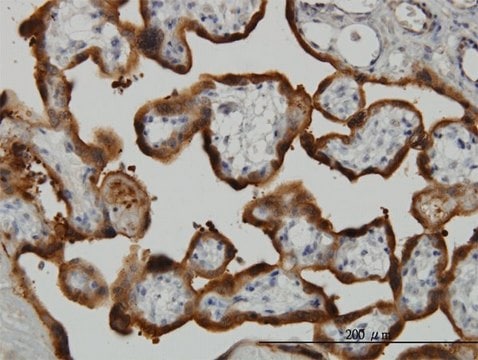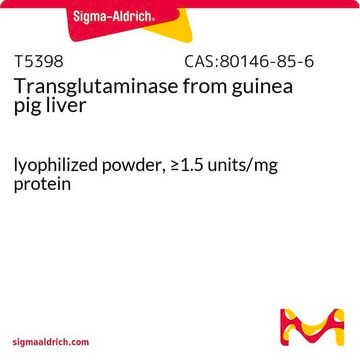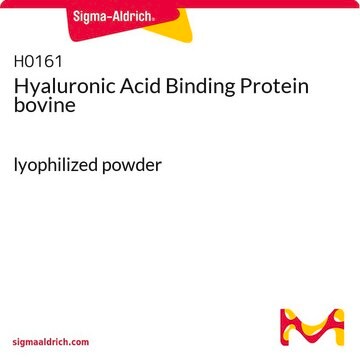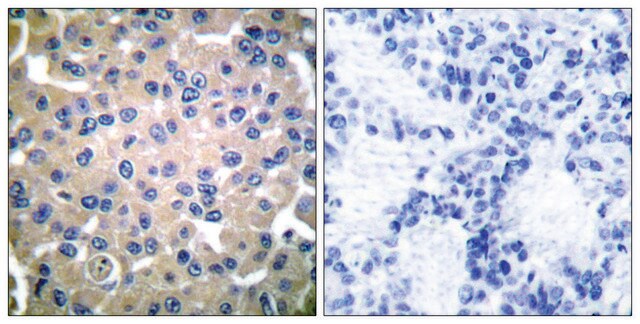ZRB1799
Anti-Transglutaminase 2 Antibody, clone 1G20 ZooMAb® Rabbit

recombinant, expressed in HEK 293 cells
About This Item
Recommended Products
biological source
rabbit
Quality Level
recombinant
expressed in HEK 293 cells
conjugate
unconjugated
antibody form
purified antibody
antibody product type
primary antibodies
clone
1G20, recombinant monoclonal
description
1G20 Clone
product line
ZooMAb® learn more
form
lyophilized
mol wt
calculated mol wt 77.34 kDa
observed mol wt ~77 kDa
purified by
using Protein A
species reactivity
rat, human, mouse
species reactivity (predicted by homology)
porcine, bovine, feline, monkey, canine
packaging
antibody small pack of 25 μL
greener alternative product characteristics
Waste Prevention
Designing Safer Chemicals
Design for Energy Efficiency
Learn more about the Principles of Green Chemistry.
enhanced validation
recombinant expression
Learn more about Antibody Enhanced Validation
sustainability
Greener Alternative Product
technique(s)
affinity binding assay: suitable
immunohistochemistry (formalin-fixed, paraffin-embedded sections): suitable
western blot: suitable
isotype
IgG
epitope sequence
C-terminal
Protein ID accession no.
UniProt accession no.
greener alternative category
shipped in
ambient
storage temp.
2-8°C
target post-translational modification
unmodified
Gene Information
human ... TGM2(7052)
General description
Specificity
Immunogen
Application
Evaluated by Western Blotting in K562 cell lysate.
Western Blotting Analysis: A 1:1,000 dilution of this antibody detected Transglutaminase 2 in K562 cell lysate.
Tested applications
Western Blotting Analysis: A 1:1,000 dilution from a representative lot detected Transglutaminase 2 in lysates from C2C12 and L6 cells and Human Placenta tissue.
Affinity Binding Assay: A representative lot of this antibody bound Transglutaminase 2 peptide with a KD of 2.6 x 10-7 in an affinity binding assay.
Immunohistochemistry (Paraffin) Analysis: A 1:1,000 dilution from a representative lot detected Transglutaminase 2 in human placenta tissue sections.
Note: Actual optimal working dilutions must be determined by end user as specimens, and experimental conditions may vary with the end user
Target description
Physical form
Reconstitution
Storage and Stability
Legal Information
Disclaimer
Not finding the right product?
Try our Product Selector Tool.
Storage Class
11 - Combustible Solids
wgk_germany
WGK 1
flash_point_f
Not applicable
flash_point_c
Not applicable
Certificates of Analysis (COA)
Search for Certificates of Analysis (COA) by entering the products Lot/Batch Number. Lot and Batch Numbers can be found on a product’s label following the words ‘Lot’ or ‘Batch’.
Already Own This Product?
Find documentation for the products that you have recently purchased in the Document Library.
Articles
Learn about the hallmarks of cancer and find reliable ZooMAb® recombinant antibodies to study them, conveniently organized by cancer hallmark.
Our team of scientists has experience in all areas of research including Life Science, Material Science, Chemical Synthesis, Chromatography, Analytical and many others.
Contact Technical Service